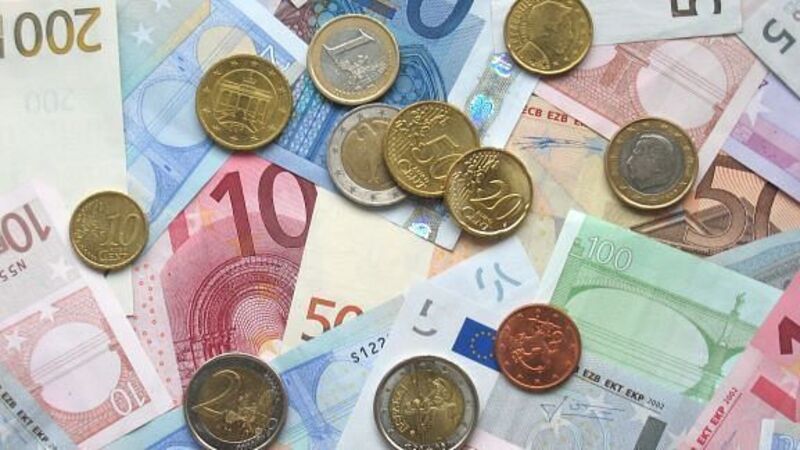Economy ‘will lose €30m a year from travel tax’

Redmond O’Donoghue, the chairman of Fáilte Ireland, has called for the €10 tax, which was introduced last March, to be reviewed “as a matter of urgency”.
His comments are contained in the submission by Fáilte Ireland to the Commission on Taxation which published its report last September.
















